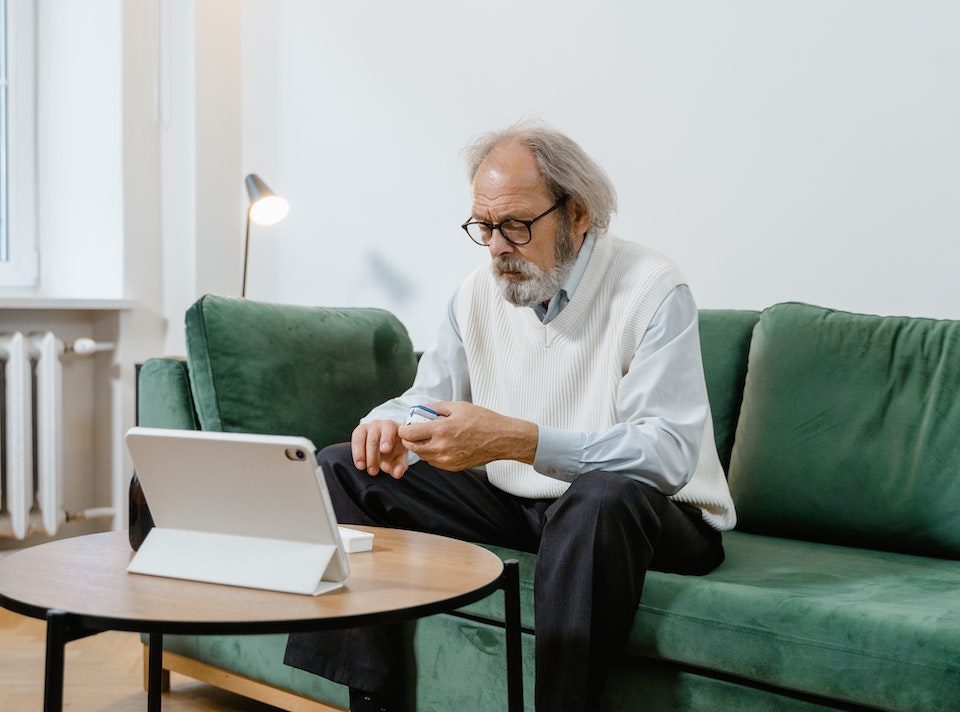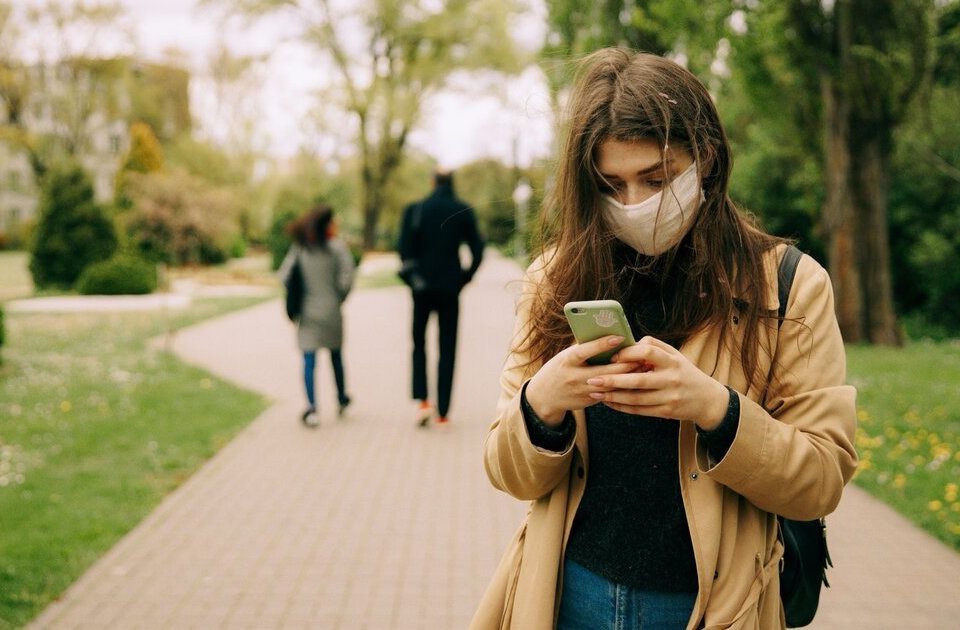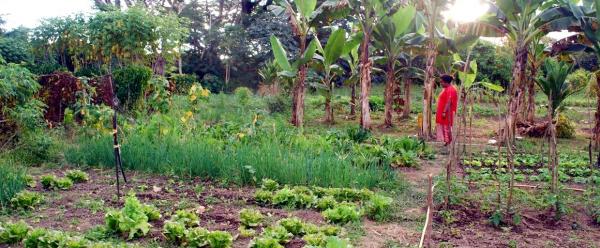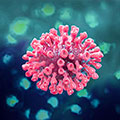Pharmageek
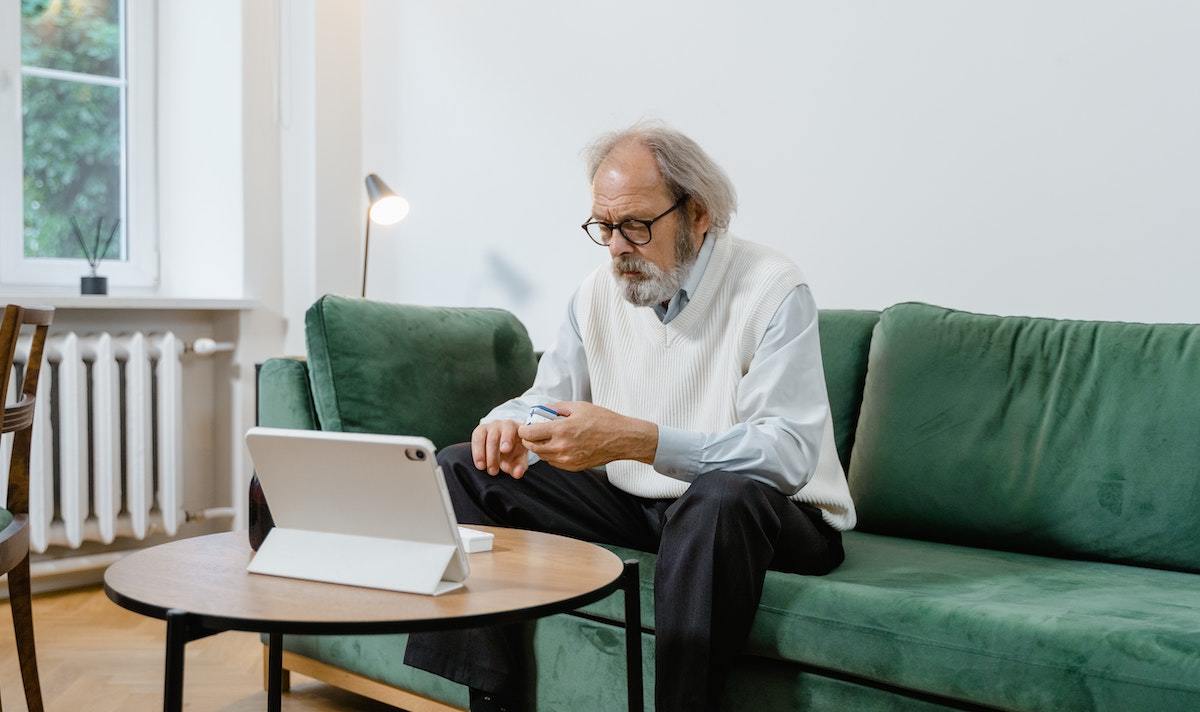
A systematic review published in the Lancet found that RPM for COVID-19 patients could help triage a patient's condition, but did not necessarily link to a better health outcome.
Lire l'article complet sur : www.mobihealthnews.com
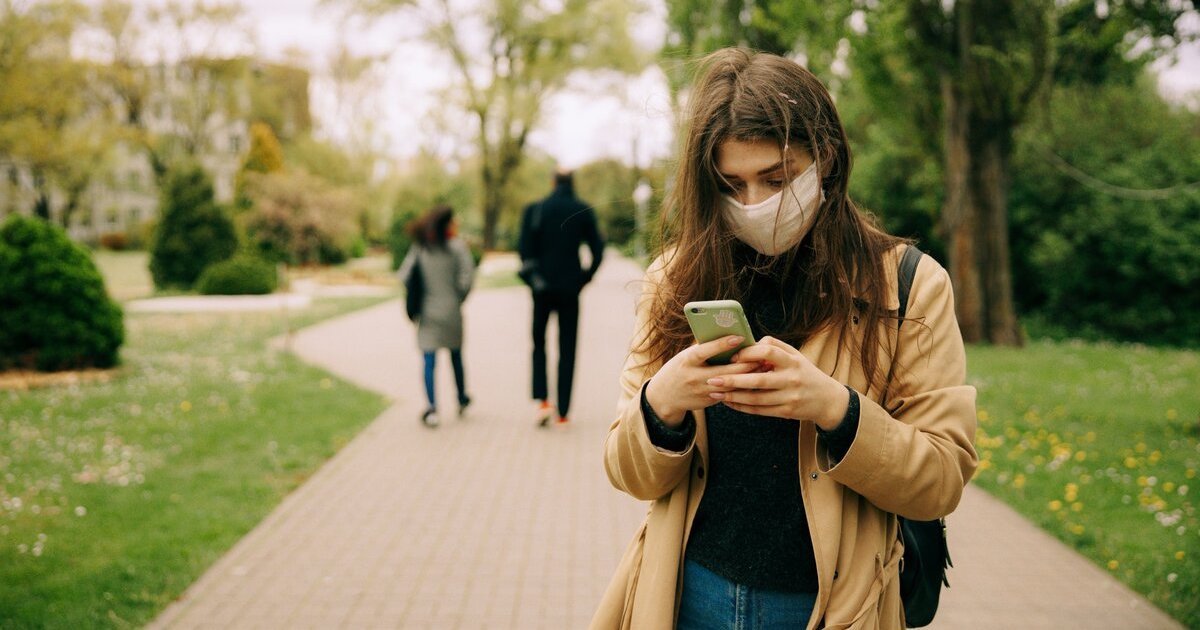
The app has correctly detected COVID-19 in 92% of infected participants of a clinical trial.
Lire l'article complet sur : www.mobihealthnews.com
Surveillance des coronavirus : une application concrète de l’approche One Health au Cambodge | Cirad
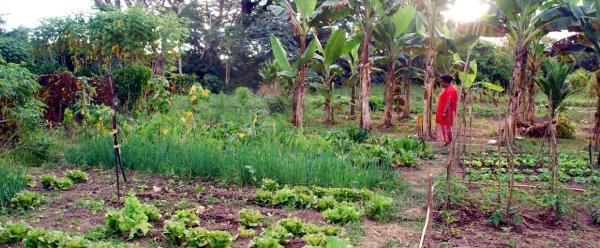
Le projet ZooCov, déployé durant un an et demi au Cambodge, avance ses principaux résultats, fondements de la mise en place d’une surveillance intégrée des maladies émergentes. Lancé au début de la pandémie de Covid-19 sur un financement de l’ANR, il constitue un exemple concret des bénéfices de l’approche One Health, indispensable pour prévenir l’émergence de nouvelles maladies et de potentielles futures pandémies. Facteurs clés de ses réussites : une collaboration internationale multidisciplinaire de dix-sept partenaires et le soutien des ministères cambodgiens de l’Agriculture, de l’Environnement et de la Santé.
Lire l'article complet sur : www.cirad.fr
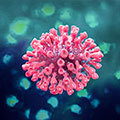
Since March 2020, all global health-care institutions have been threatened by the
spread of COVID-19 among the population. Emergency departments were confronted with
many patients with suspected SARS-CoV-2 infection and the subsequent risk of contaminating
other patients and health-care providers. In already fragile or overburdened health-care
systems, no hospital was fully prepared to manage such a rapidly spreading disease.
A substantial challenge resided in finding the appropriate method to distinguish patients
with a potential SARS-CoV-2 infection from others to contain in-hospital contamination,
considering the limited availability of appropriate laboratory screening tests, poor
sensitivity, high costs, and consequent delays in obtaining adequate results.
Lire l'article complet sur : www.thelancet.com


